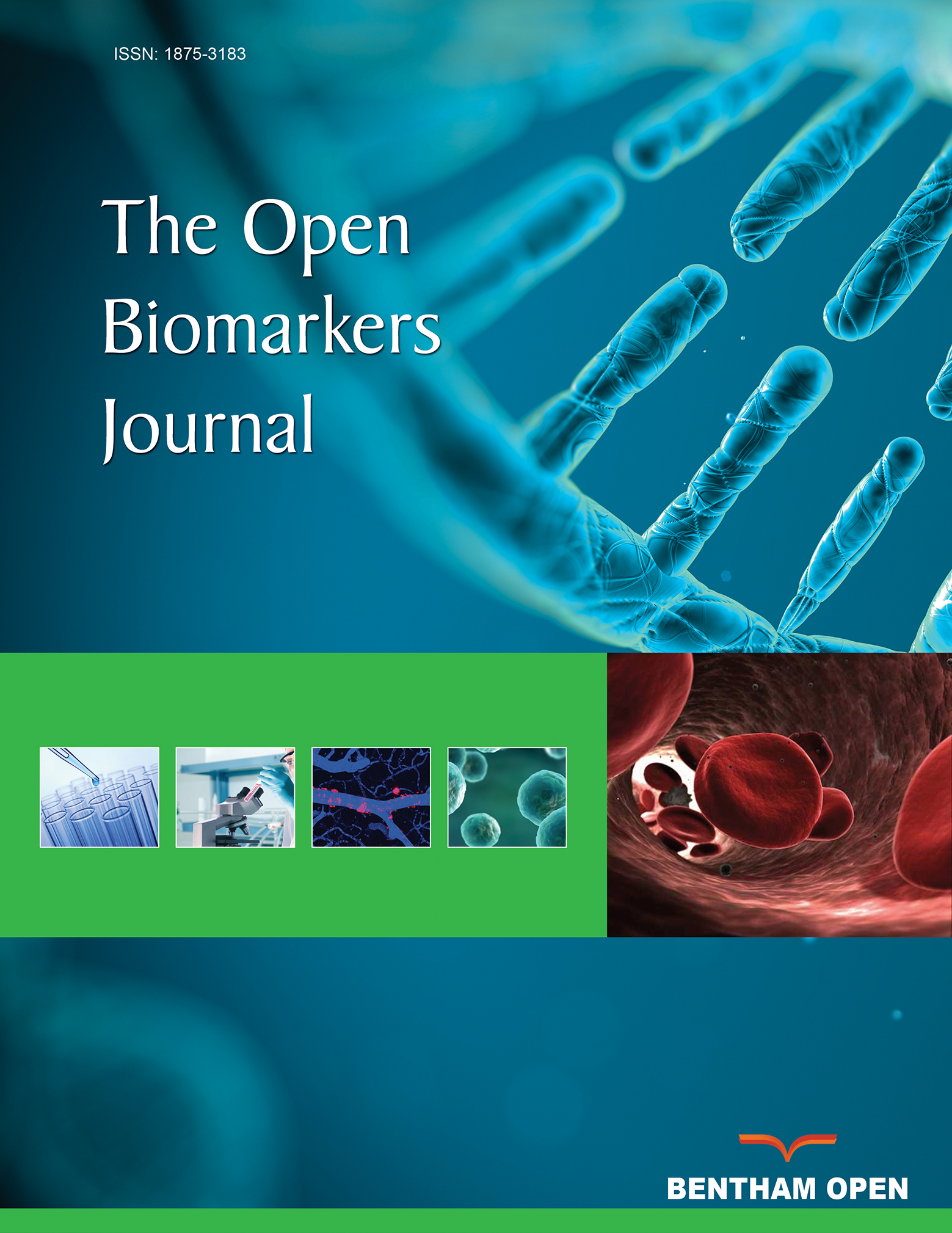All published articles of this journal are available on ScienceDirect.
Serum Neuregulin-1β as a Biomarker of Cardiovascular Fitness
Abstract
Purpose:
Neuregulins (NRG) are growth factors that bind to receptors of the erbB family, and are known to mediate a number of processes involved in diverse tissues. Neuregulin-1β is expressed in skeletal muscle and is activated by exercise. We hypothesized that NRG-1β might circulate in the bloodstream and increase as a consequence of physical activity. A study was conducted in healthy subjects to determine if NRG-1β is immunodetectable in human serum, and if so whether levels relate acutely or chronically to exercise.
Methods:
Nine healthy men underwent three bouts of exercise of varying degrees of intensity on a bicycle ergometer over a period of three weeks. Cardio-respiratory fitness was determined by measurement of maximal oxygen uptake (VO2max). Serum was sampled prior to and immediately after each session (up to 30 minutes post) and serum NRG-1ß was quantified utilizing an indirect sandwich ELISA assay developed in our lab.
Results:
Across subjects, mean serum NRG-1β levels ranged from 32 ng/mL to 473 ng/mL. Individual subjects showed relatively stable levels during the study period that did not change acutely after exercise. Serum NRG-1β demonstrated a positive correlation with VO2max (r2=0.49, p =.044).
Conclusions:
These preliminary observations suggest that at least in healthy men, serum NRG-1β is an indicator of cardio- respiratory fitness and does not change acutely with exercise.


